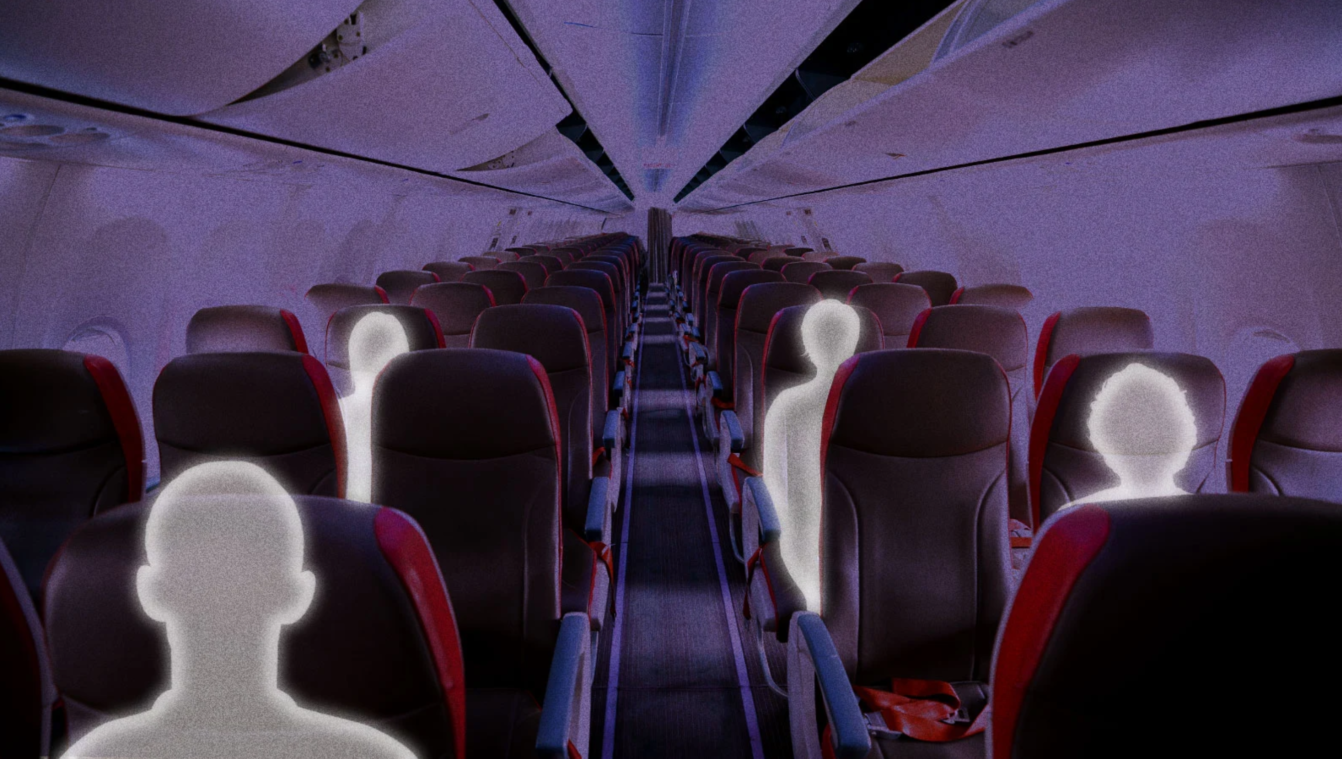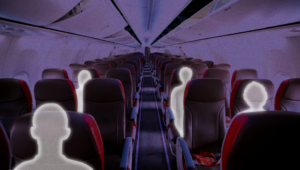Ghost Flights in EU Cause Economic and Environmental Harm

by Riley Sandoval ‘22
Airlines have been flying near-empty planes called “ghost flights” to maintain take-off and landing spots in European Union (EU) airports. The EU has a use-it-or-lose-it law, requiring airlines to use their landing spots, or forfeit them. While the demand for flights is low due to the coronavirus pandemic, especially with the Omicron variant, ghost flights are not only financially harmful to airlines but also environmentally destructive.
planes called “ghost flights” to maintain take-off and landing spots in European Union (EU) airports. The EU has a use-it-or-lose-it law, requiring airlines to use their landing spots, or forfeit them. While the demand for flights is low due to the coronavirus pandemic, especially with the Omicron variant, ghost flights are not only financially harmful to airlines but also environmentally destructive.
The EU regulation has been adjusted in the past to correlate with the demand for flights. In 2020 when the pandemic first began, the regulation was suspended completely and airlines did not need to use their take-off and landing slots to keep them the following year. The regulation has since been renewed, but only to a 50-percent capacity. Although the regulation has been lowered for the pandemic, the demand for flights is still too low for airlines to fly at that capacity. The EU is also expected to increase the capacity to 80 percent this summer.
Instead of increasing the capacity that airlines need to fly, the regulation should be lowered or brought to a pause. The demand for flights will increase during the summer months, but not enough to eliminate ghost flights. Paying for a flight crew and the high amount of jet fuel needed to fly the plane is wasteful when there are so few passengers on board. A passenger plane can hold around 3,500 gallons of fuel, costing upwards of $7,070. Depending on the length of the flight, and the size of the plane, more fuel could be needed.
On top of the financial costs of flying a plane, the environmental costs are also high. A Boeing 747, admittedly on the larger side of aircrafts, burns through about 1 gallon of fuel per second, meaning a five-hour flight would burn 18,000 gallons of fuel. Normally, this use of fuel wouldn’t be wasteful because the plane usually has around 500 passengers. Burning through thousands of gallons of fuel for any flight holding far fewer passengers is flat-out wasteful and releases an irresponsible amount of pollution. The EU’s use-it-or-lose-it law needs to lower its capacity or come to a pause, so airlines and the environment can breathe.